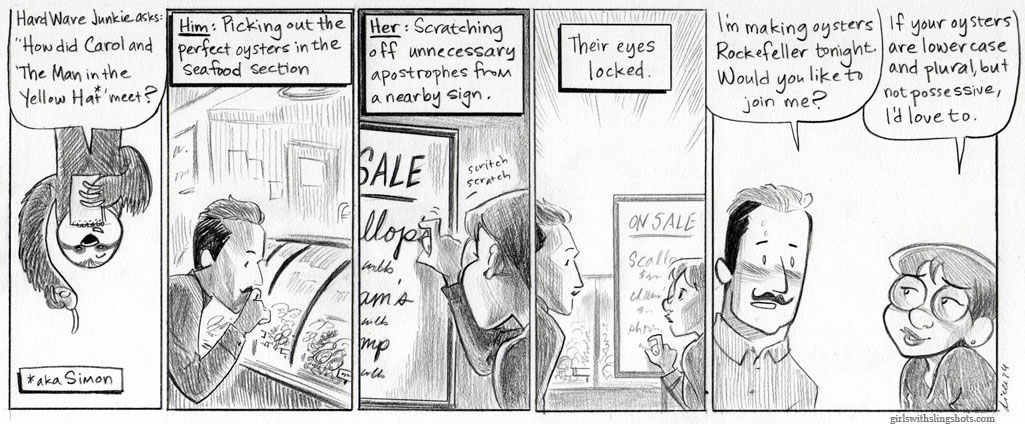Location Man
Following up on Andy Bodle's exegesis of headlinese, we should take a look at the Florida Man meme:
Florida Man is a Twitter feed that curates news headline descriptions of bizarre domestic incidents involving a male subject residing in the state of Florida. The tweets are meant to be humorously read as if they were perpetrated by a single individual dubbed “the world’s worst superhero.”
Headlines beginning "Florida man" are indeed often bizarre, though not always domestic. From the current Google News index:
"Florida man causes hospital fire by smoking crack while hooked to oxygen"
"Florida Man Accidentally Kills Self While Threatening Wife’s Dog"
"Florida man leads police on 90-minute chase in stolen front-end loader"
"Florida Man arrested for stealing 6.5 pounds of cow tongue from Wal-Mart"
"Florida man fakes heart attack to steal Barbie car from Wal-Mart"
"Florida man busted for cooking up meth in park restroom"
"Florida Man Plunges Through Bakery Ceiling In Failed Robbery Attempt"
"Florida man dies after falling from ropes course at shopping mall"
"Florida man accused of cutting puppy's ears off"
"Florida man steals chain saw by sticking it in his pants, police say"
"Florida man jailed for forcing his girlfriend and three children to live with dead body while he claimed the deceased woman's social security benefits"
"Florida Man pisses on living room floor during family Thanksgiving dinner"
"Florida Man Takes Saddest Mugshot Ever After Riding His Bike Drunk Through a Taco Bell Drive-Thru"
Read the rest of this entry »






